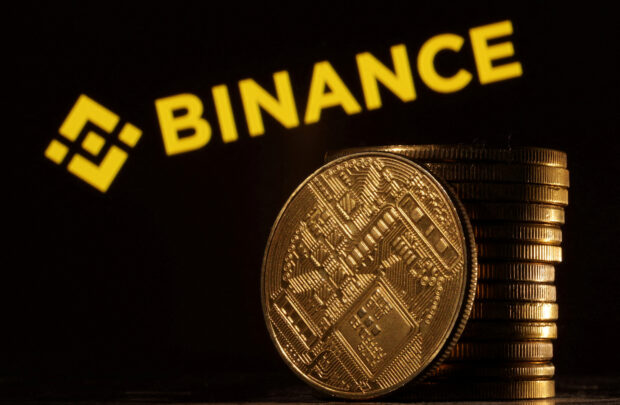

FILE PHOTO: Binance logo is seen in this illustration taken March 31, 2023. REUTERS/Dado Ruvic/Illustration
Washington, United States — Binance Holdings Ltd (BHL), the world’s biggest cryptocurrency exchange, is to pay $4.3 billion for violations of anti-money laundering and sanctions laws in a settlement approved by a US judge on Friday.
US District Judge Richard Jones in Washington state approved a plea agreement between Binance and federal prosecutors which calls for the company to pay a fine of $1.8 billion and forfeiture of $2.5 billion.
READ: PH to ban troubled Binance
“Binance profited from the US financial system without playing by its rules and, as a result, criminals used the exchange to move hundreds of millions of dollars of stolen funds and illicit proceeds,” the government said in its sentencing memorandum.
It said the penalty was the largest ever imposed against a money services business and was “commensurate with the severity of Binance’s criminal conduct.”
As part of a settlement reached in November, Binance chief executive Changpeng Zhao pleaded guilty to violating US anti-money laundering laws and agreed to step down from his position.
Binance was created in 2017 and cornered much of the crypto-trading market, turning Zhao into a billionaire.
Binance runs crypto exchanges and provides other services around the world, but it has taken a severe hit since crypto markets collapsed and regulators began probing the legality of its business.
READ: Binance sees $956M in outflows after Zhao steps down to settle US probe
While Binance was founded in China, Zhao moved its operations to other locations internationally after a crackdown on the crypto sector by Beijing.
The volatile industry surged in 2021 with a range of complex products and celebrity endorsements propelling it to a valuation in excess of $3 trillion in 2022.
But a series of scandals including the collapse of the FTX exchange and criminal charges for its executives saw public confidence evaporate and investors pull their money out.






